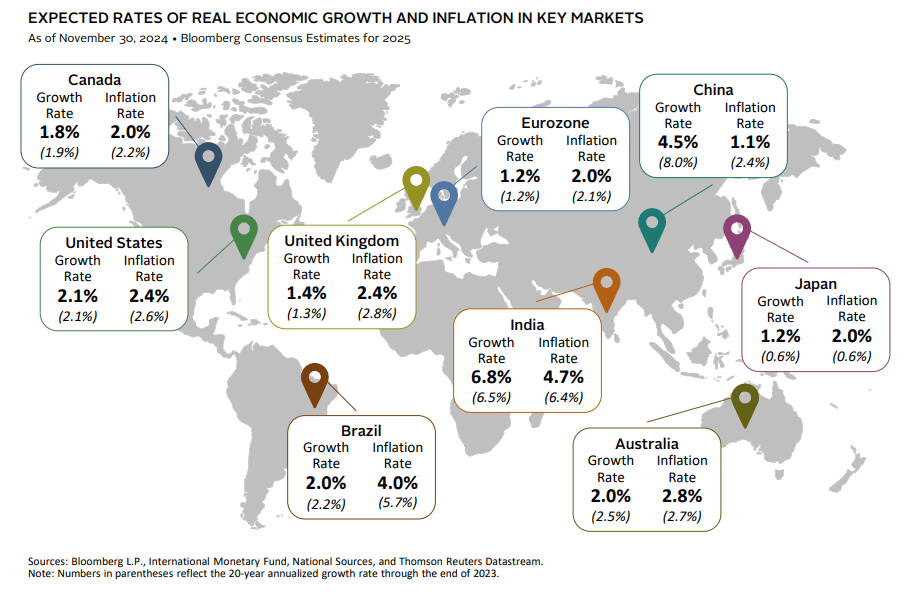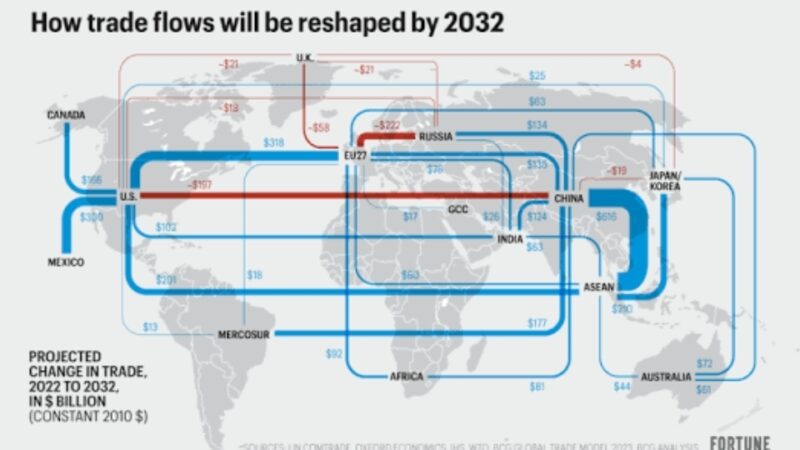Beyond GDP: New Metrics Defining the Next Decade of Global Growth

By Brutnow Team | Global business | Brutnow Media Company
For decades, Gross Domestic Product (GDP) has stood as the ultimate measure of a nation’s progress. Policymakers, investors, and economists have relied on it to define success — but as the global economy evolves, cracks in this metric are becoming clearer. The world is entering a new era where well-being, sustainability, innovation, and inclusivity matter as much as economic output.
The Limits of GDP
GDP measures the total value of goods and services produced within a country. However, it fails to capture quality of life, environmental impact, and income distribution. A country’s GDP may grow even if inequality rises, resources deplete, or citizens’ mental health declines.
In short, GDP measures “how much” we produce, but not “how well” we live.
This realization has prompted global leaders, researchers, and institutions like the United Nations, OECD, and World Economic Forum to redefine how we evaluate progress in the 21st century.
The Rise of “Beyond GDP” Metrics
New frameworks are emerging to complement or even replace GDP as the dominant indicator of national success. Among the most influential:
1. Human Development Index (HDI)
Developed by the UNDP, HDI integrates life expectancy, education, and income to present a broader view of human progress. Countries like Norway and Switzerland consistently top this index, showing that wealth alone doesn’t define well-being.
2. Gross National Happiness (GNH)
Bhutan pioneered the idea of measuring happiness over output. GNH evaluates nine domains — including psychological well-being, cultural diversity, and ecological resilience — providing a model for governments focused on emotional and social prosperity.
3. Social Progress Index (SPI)
The SPI assesses countries based on basic human needs, well-being, and opportunity. It’s an actionable tool for policymakers looking to address gaps in healthcare, access to education, and rights protection.
4. Inclusive Wealth Index (IWI)
Developed by the United Nations Environment Programme (UNEP), IWI accounts for natural, human, and produced capital — acknowledging that sustainability is essential for long-term prosperity.
5. Genuine Progress Indicator (GPI)
The GPI adjusts economic growth by considering income inequality, pollution, and unpaid labor such as caregiving. It reflects a more realistic measure of social and environmental balance.
Technology and Data: The New Growth Compass
Artificial Intelligence, Big Data, and Digital Governance are transforming how we measure success. Real-time analytics on carbon emissions, digital inclusion, and health metrics allow countries to track well-being beyond traditional financial outputs.
The World Bank’s “Wealth Accounting” framework now uses AI to value ecosystems, natural capital, and social assets — signaling a shift toward more holistic decision-making.
Corporate Growth Redefined
The private sector is also embracing this shift. Global investors increasingly focus on ESG (Environmental, Social, and Governance) metrics, aligning profitability with responsibility.
Companies like Microsoft, Patagonia, and Unilever now report “triple bottom line” results — measuring impact on people, planet, and profit.
Why This Shift Matters
Redefining success beyond GDP is more than academic — it’s essential for survival. Climate crises, mental health challenges, and widening inequality demand a new economic compass that measures sustainability, happiness, and inclusivity.
As the next decade unfolds, nations that balance growth with environmental stewardship and social equity will lead the world stage.
The Future of Global Growth
The 2030s will belong to economies that:
Value human capital as much as financial capital.
Prioritize well-being indicators in policymaking.
Integrate climate resilience into national planning.
Use AI-driven data systems for transparency and accountability.
In the words of UN Secretary-General António Guterres:
“We must move beyond GDP as a measure of human progress — it’s time for an economy that works for both people and planet.”
Conclusion:
The next decade’s growth story won’t be written in GDP figures alone. It will be defined by how nations balance innovation with inclusion, wealth with well-being, and profit with purpose.




